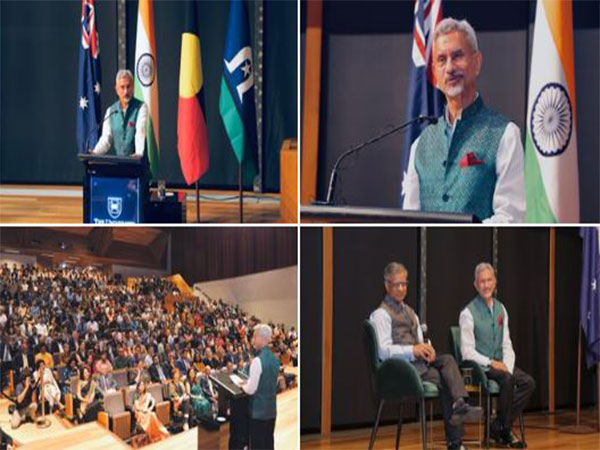India Expands Diplomatic Reach with New Consulate in Brisbane, Australia
India strengthens its diplomatic presence in Australia with the inauguration of its fourth consulate in Brisbane, enhancing bilateral trade and addressing diaspora needs. External Affairs Minister S Jaishankar's visit underscores deepening ties through strategic partnerships and educational cooperation, fostering closer India-Australia relations.

- Country:
- India
External Affairs Minister S Jaishankar expressed his pleasure in engaging with the vibrant Indian community in Brisbane during his visit to Australia. Highlighting a key development, Jaishankar announced the forthcoming opening of India's fourth consulate in Brisbane, a significant step in strengthening India's friendship with Australia. This announcement, made via a post on X after addressing the Indian diaspora, reflects a growing commitment to foster closer ties.
Prime Minister Narendra Modi previously announced the decision during his visit to Australia in May 2023, marking the fulfillment of a long-standing demand from the Indian diaspora in Queensland. With a rapidly expanding Indian community and burgeoning trade relations, Queensland has emerged as a pivotal region in the India-Australia relationship. India currently has a high commission in Canberra and consulates in Sydney, Melbourne, and Perth, with an honorary consulate already present in Brisbane.
During a speech at the University of Queensland in Brisbane, Minister Jaishankar emphasized the significance of the Indian community in Australia, which numbers around 125,000, including 15,000 to 16,000 students in Queensland alone. He noted the impressive contribution from Queensland, accounting for 75 percent of Australia's exports to India. Jaishankar urged stakeholders to view recent achievements not merely as milestones but as indicators of potential growth. He elaborated on strategic frameworks aimed at nurturing future bilateral relations and highlighted educational cooperation as a critical area of interaction between the countries.
(With inputs from agencies.)
- READ MORE ON:
- India
- Australia
- Brisbane
- consulate
- diaspora
- trade
- Jaishankar
- Modi
- Queensland
- partnership
ALSO READ
Sports Highlights: Triumphs, Trades, and Tributes
Top EU-US Free Trade Proposal Amid Water Crisis and UK Social Care Review
Asian Markets Lift as Wall Street Wobbles Amid Trade and Tech Concerns
Epic Sports Showdowns: Injuries, Trades, and Triumphs
European Stocks Waver as Traders Eye U.S. Policy Shifts










